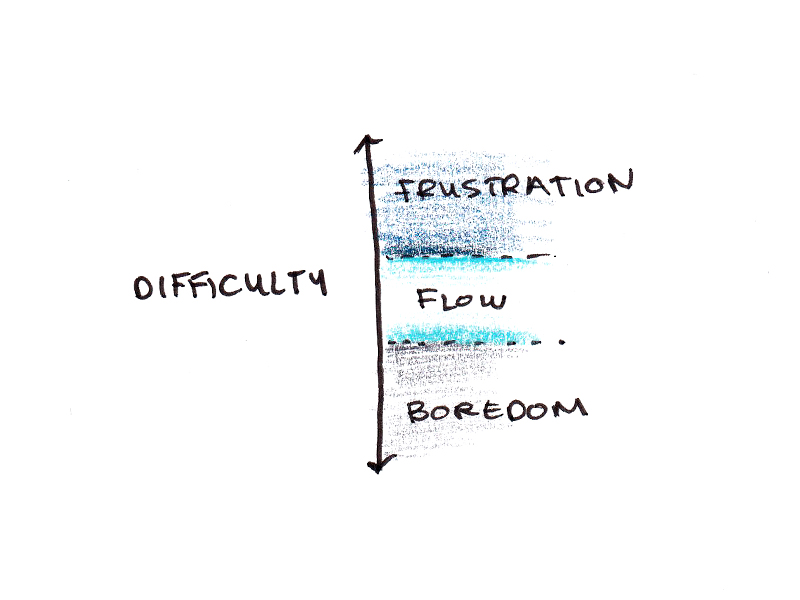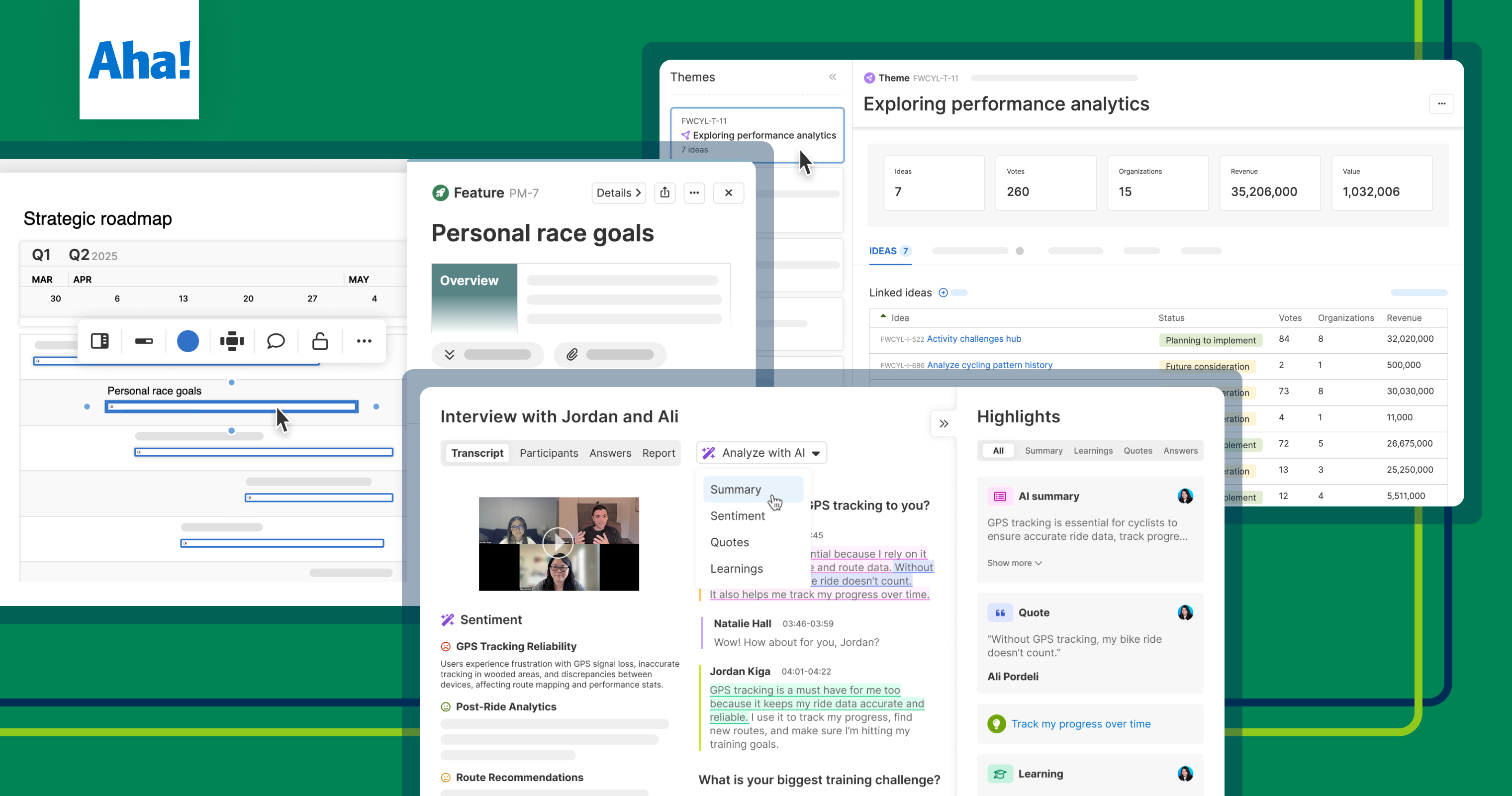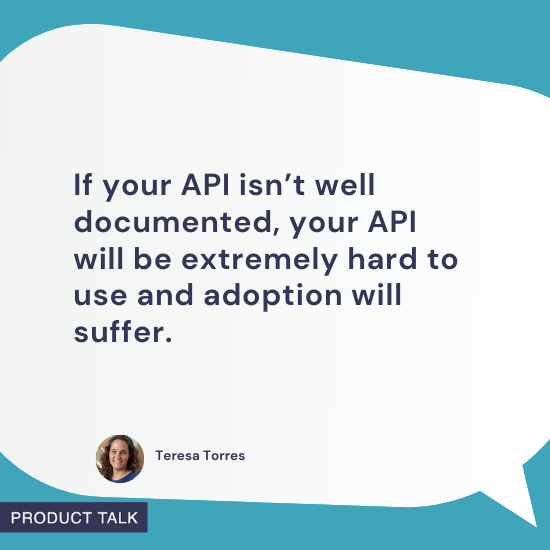work trainers are pushing us to share race, religion, sexuality, and gender identity
This post was written by Alison Green and published on Ask a Manager. A reader writes: I keep finding myself in this weird situation at work. I’m a medical resident in an academic hospital system in a big progressive city. I keep finding myself in mandatory educational events where the facilitator introduces the concept of privilege as if no one’s ever heard of it and invites/demands everyone to […]

This post was written by Alison Green and published on Ask a Manager.
A reader writes:
I keep finding myself in this weird situation at work. I’m a medical resident in an academic hospital system in a big progressive city. I keep finding myself in mandatory educational events where the facilitator introduces the concept of privilege as if no one’s ever heard of it and invites/demands everyone to share their privilege/lack thereof.
Real examples: “Let’s all reflect on our positionality, and then go around the room. I’m Dr. LastName. As you know, I’m the head of this department. I’m the child of South Asian immigrants, and I’m able-bodied. I live with my wife and children. Your turn!” and, “I invite you to turn to your colleagues — preferably someone you don’t know — and introduce yourself in a way you never have before, considering some of the identities on this wheel of privilege.”
I was in the same room as everyone else in my small program, my program director, and six other attending physicians who regularly evaluate me. It feels screamingly obvious to me that this is inappropriate. Are we … supposed to out ourselves? Are we supposed to out each other? Is this a therapy session that no one consented to? It’s like there’s this shared nonsensical belief that just because we’re all “progressive” that makes this a “safe space” and suddenly it’s no longer harassment to demand information about your colleagues’ sexuality, religion, or gender identity.
Please, PLEASE tell me there are magic words to get this to stop. So far, I’ve tried saying things like, “Thank you, this is so important to reflect on, and this certainly isn’t the first time it’s come up. My name is Name, and I’m a fifth-year resident here at East University. I studied Basket Weaving at North University and did medical school at West University,” which results in awkward silence but at least then my peers feel empowered to do the same instead of introducing themselves as a collection of privileges and marginalizations. I’ve also tried, “You know, I’m reflecting on what’s appropriate to share with colleagues, and the importance of appropriate boundaries.” Both have resulted in disappointment from the facilitator and further boundary-pushing. HELP!
Yeah, this is inappropriately invasive.
I get that they’re trying to get you to reflect on areas of privilege or potential lack of privilege and to consider how different aspects of a person’s identity can intersect to create a more complex experience, but there are ways to do that that don’t push people to share information they may not be comfortable sharing in a work setting.
Your trainers might argue that you only need to share things you’re comfortable with — but given the way they respond when you attempt to do that, that doesn’t seem to be true.
You could try saying this: “I appreciate the point that’s being made about intersectionality, and I also think it’s important that people not be pushed to out themselves in ways they’d prefer not to, particularly in a professional context. So I’m going to stick with the things you can see about me and a few other basics, and hope that gives other people permission to do the same if they choose to.”
But I would also push back hard on this in course evaluations if they do them, and possibly to whoever coordinates these trainings to begin with. Point out that demanding this kind of sharing will put people, particularly people with marginalized identities, in a position of vulnerability and risks opening them up to discrimination — an outcome that’s presumably directly the opposite of these sessions’ goals — and that no one should feel pressured into unwanted exposure at a work training.




































































































![Building A Digital PR Strategy: 10 Essential Steps for Beginners [With Examples]](https://buzzsumo.com/wp-content/uploads/2023/09/Building-A-Digital-PR-Strategy-10-Essential-Steps-for-Beginners-With-Examples-bblog-masthead.jpg)





![How One Brand Solved the Marketing Attribution Puzzle [Video]](https://contentmarketinginstitute.com/wp-content/uploads/2025/03/marketing-attribution-model-600x338.png?#)






























